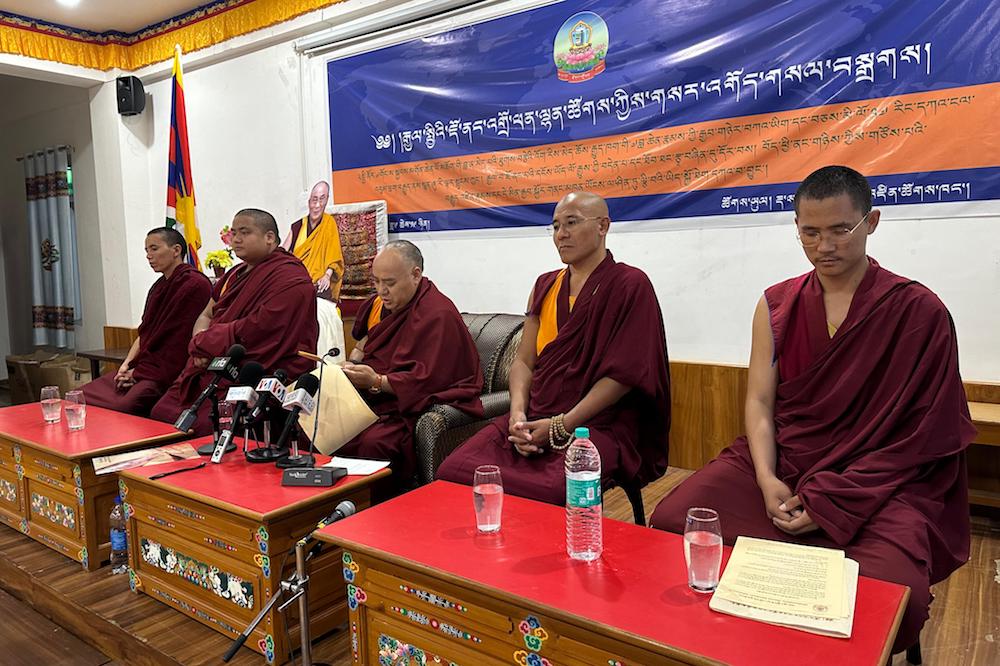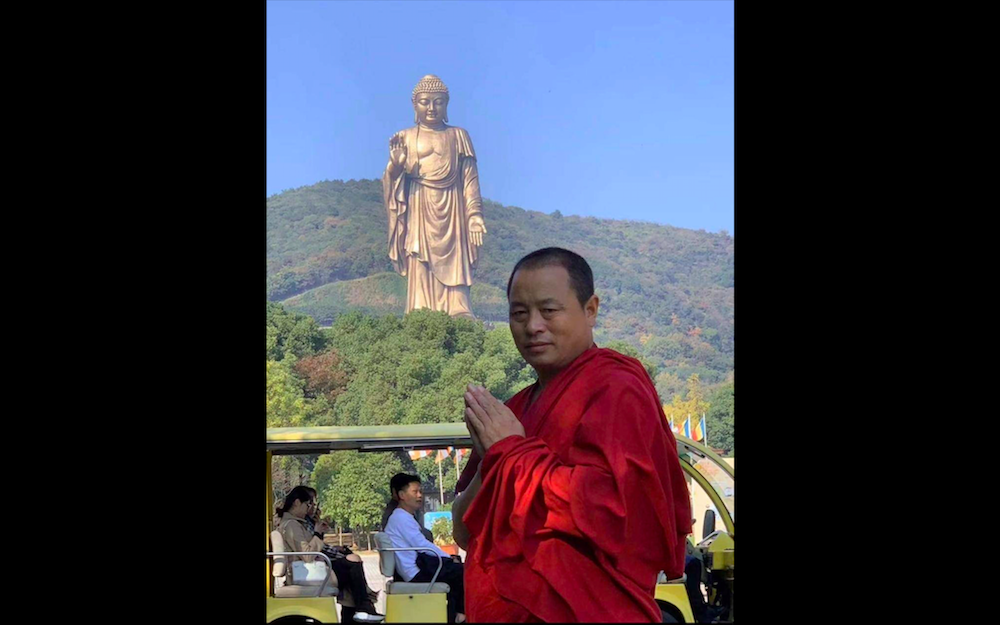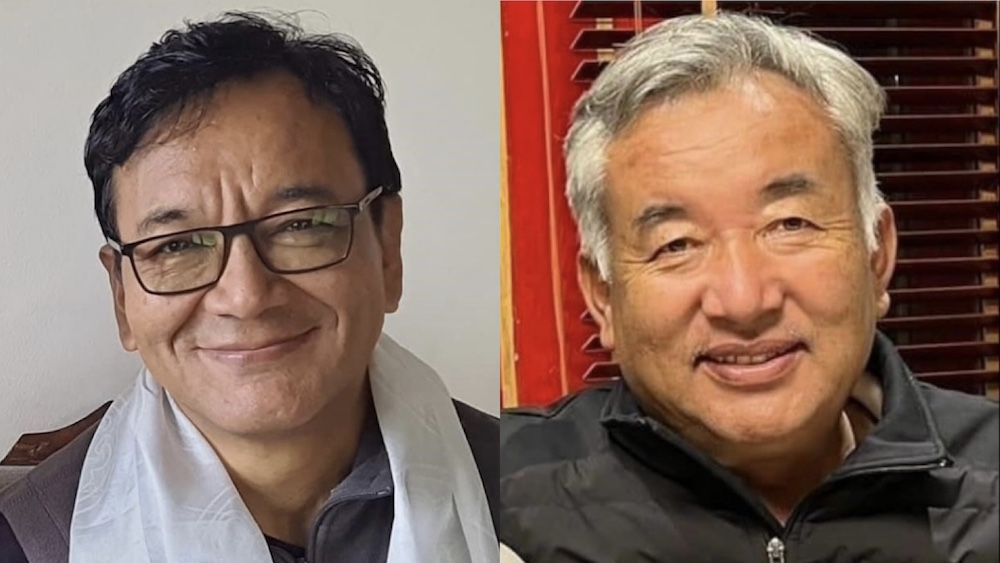Tsering Dhundup
DHARAMSHALA, Sept. 20 :A bill proposing the inclusion of the Jonang as the fifth Buddhist tradition represented in the parliament fails the floor test on the final day of the eighth session of the 17th Tibetan Parliament-in-Exile leading to disappointment among Jonang followers and supporters.
The bill which received 21 votes out of the required 30 was introduced by the the Kashag (cabinet) on Wednesday, aiming to add Jonang alongside the currently represented schools of Nyingma, Kagyu, Sakya, Gelug, and Yungdrung Bon in the Tibetan Parliament in Exile.
MP Karma Gelek, in support of the bill, stated “The composition of the Tibetan Parliament-in-Exile has undergone many changes. When the parliament was first introduced in September 1960, there were only 13 MPs—one member each from four religious traditions and three members each from the three provinces. In 1976, Yungdrung Bon was included, increasing the number of MPs representing religious traditions to five and adding one member for each province. In 1991, amendments were made to the charter, allowing for two MPs from each of the five religious traditions, 10 MPs from each province, and the inclusion of MPs from abroad. So, there have been changes, and Jonang leaders have persistently requested the parliament and submitted applications to gain representation in the parliament.”
The International Jonang Well-being Association issued a press release shortly after the bill failed to secure the necessary votes to pass, expressing regret over the outcome. The association urged the Tibetan parliament to take full responsibility for any critical issues that may arise in the future concerning the Jonang tradition.
In their statement, the association highlighted that the current charter and related regulations have created discrimination against the Jonang tradition for the past 27 years. They pointed out that despite numerous petitions, appeals, and even peaceful protests, including a hunger strike in 2015, their pleas for equal rights have been ignored.
The association also noted that in 2011, during the 11th Religious Conference presided over by the Dalai Lama, religious leaders unanimously recognized Jonang as an independent school of Tibetan Buddhism. However, this recognition has not been reflected in the charter of the exile government.
The failure to pass this amendment has sparked disappointment and criticism on social media platforms, with many expressing dissatisfaction with the decision. Supporters of the Jonang tradition argue that this continued exclusion undermines the unity and equality within the Tibetan exile community.










